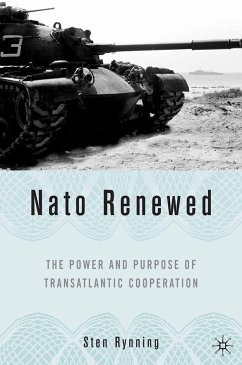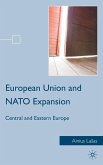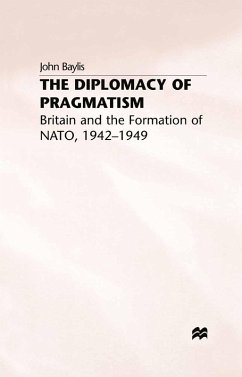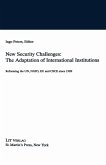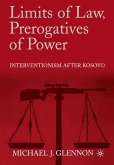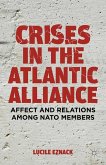Dieser Download kann aus rechtlichen Gründen nur mit Rechnungsadresse in A, B, BG, CY, CZ, D, DK, EW, E, FIN, F, GR, HR, H, IRL, I, LT, L, LR, M, NL, PL, P, R, S, SLO, SK ausgeliefert werden.
Wars in Kuwait, Bosnia, Kosovo, Afghanistan and Iraq, and the experiences of
NATO and its members in either participating or staying out, have had
profound effects on the alliance. Contradicting others' analyses, Rynning
argues that the lessons learned from the wars of our time have strengthened
rather than weakened NATO. Over the last decade and a half the Western
Alliance has been radically transformed in size, in fighting doctrine, in
capability and in political dynamics, all of which point to resilience in
the decades ahead."
- Donald J. Puchala, University of South Carolina
'At a time when the 'NATO is dead' school seems once again in the ascendant, Sten Rynning reassesses both the underlying purpose and the power dynamics of 'the world's most successful alliance.' Arguing from a rigorous realist perspective, Rynning rejects the generalized pessimism of his theoretical mentors and presents a robust analysis of the objective and subjective reasons for continuing to believe that the Alliance has a strong future ahead of it. This is compulsory reading for all those concerned with the present state and future prospects of the 'Atlantic community.''
- Jolyon Howorth, Jean Monnet Professor of European Politics, University of Bath and Visiting Professor of Political Science, Yale University
'The strength of the book, in my view, is to offer both a solidly documented account and a stimulating interpretative framework of the Atlantic Alliance's post-Cold War transformation. Moreover, in spite of recent crises, Sten Rynning makes a strong case for the continued relevance of NATO, provided member states acknowledge what should become its primary raison d'être in the future, i.e. to serve as a trans-Atlantic framework for building and operating coalitions.'
- Frédéric Bozo, Professor, University of Sorbonne Nouvelle (Paris III) and Senior Associate, Ifri, Paris

